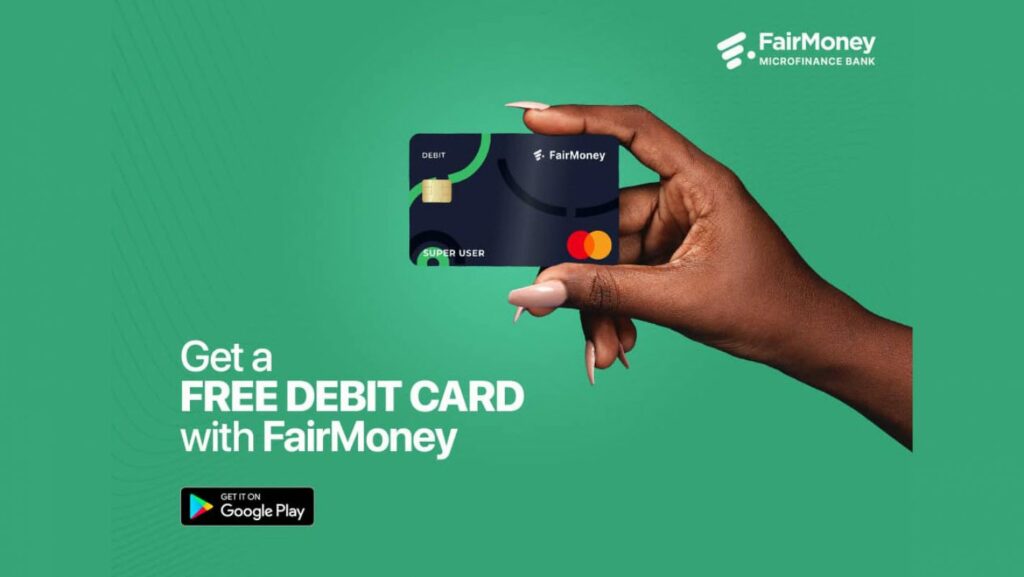With a fast loan being available to you in a matter of minutes and money disbursed in your bank account, being in debt has become more common than before. This is partly due to the ease of access to credit and the rising cost of living. These loans can often come with interest rates that eat up your wallet faster than everyday expenditures; managing debt effectively while maintaining peace of mind has become essential for many individuals. Whether it’s student loans, mortgages, or credit card debt that you’re struggling with – the correct strategy makes a significant difference in your journey toward financial freedom.

In this article, we have mentioned some practical and actionable tips that can help you tackle your payday loan debt without losing too much of your peace or money:
- Know your Debt situation: Stay educated, assess, and understand the full scope of your debt. Begin by identifying the type of debt you are under: student loan, credit card repayment balance, or personal loan. The next step is organizing your monthly payments, interest rates, and debt balance to get a clear picture of your financial obligations. Make sure you have calculated your debt-to-income ratio, which helps you understand how much of your income is going toward debt repayment.
- Create a Repayment plan: With a better understanding of your debt situation, move on to the next step: creating a realistic repayment plan. Prioritize high-interest debt, as paying off these loans first can save you money on unnecessary interest charges in the long run. Select the approach that matches sufficiently with your financial goals, whether it is the snowball method, i.e., paying off the smallest loans first, or the avalanche method, which is paying off the highest interest rate loans first.
- Budget wisely: An important one, as without a well-planned budget, you’ll be losing somewhere. By allocating a specific amount of funds towards debt repayment while making sure your essential and daily expenses, such as housing, transportation, and groceries, are covered, you’re promoting a better financial future for yourself. Identify areas where you can cut out expenses in order to free up extra cash for debt repayment, which could be eating out less, letting go of unnecessary subscriptions, etc.
- Negotiate with Lenders: Don’t hesitate if you can reach out to your bank or online lenders to explore options that can reduce your debt burden. Refinancing your loans to a lower interest rate and simplifying your repayment process can make a big difference. You can also ask for help from credit counseling agencies for professional guidance and negotiation support.
- Increasing income streams: Generating additional income can accelerate your debt payoff journey. Explore opportunities for supplemental income through part-time work, freelancing, or gig economy platforms. Consider selling unused or unwanted items to generate extra cash for debt repayment. Investing in skills development or further education can also enhance your earning potential in the long term, providing you with more financial stability and opportunities for growth.
To Conclude:
Effective debt management is achievable with commitment, discipline, and a well-thought-out plan. Every step toward paying off your loans and credit cards brings you one step closer to banking and financial freedom, as well as assurance for life.